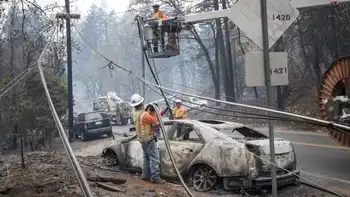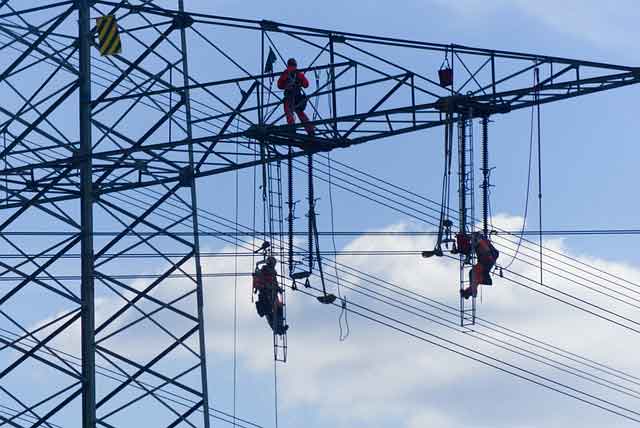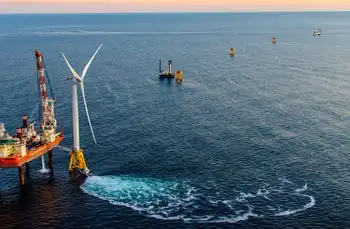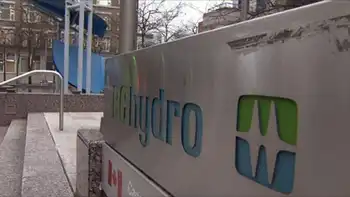Power utility cuts water utility a break
By El Paso Times
Arc Flash Training CSA Z462 - Electrical Safety Essentials
Our customized live online or in‑person group training can be delivered to your staff at your location.

- Live Online
- 6 hours Instructor-led
- Group Training Available
The contract is one of several hundred contracts El Paso Electric has with big power users.
El Paso Water Utilities is one of El Paso Electric's largest customers, ranking in the top five, El Paso Electric officials said. Fort Bliss and Western Refining are the electric utility's largest power users.
"We would have had to raise (water) rates even more than we did (this year) if it were not for this" new power contract, said Ed Archuleta, the water utility's CEO. The water utility increased El Pasoans' water rates 10 percent in March.
The water utility spends about $14 million, or almost 18 percent of its $79 million operating budget, on electricity.
The new power contract features an experimental "peak pricing" structure being tested with El Paso Water Utilities, said David Carpenter, vice president of corporate planning and controller at El Paso Electric.
The new price structure allows El Paso Electric to charge more for electricity during peak power use periods in warm-weather months, June through September. The highest rate is from 1 p.m. to 5 p.m. The lowest rate is from 8 p.m. to 10 a.m. Different rates also are set for other time blocks.
Scott Wilson, El Paso Electric chief financial officer, said this price structure "makes sense because today we take all our costs and put in a blender and get an average rate. It (electricity) costs the same no matter what time of day it is." Peak pricing sends "price signals" to customers and allows them to shift some power consumption to off-peak hours to save money, Wilson said.
El Paso Electric also can save money if it can shift more power to off-peak hours when it's mostly using its cheapest sources of power - nuclear and coal - Wilson said.
Carpenter said that if the experiment goes well, El Paso Electric will try to get more commercial customers to use peak pricing. Eventually, some form of peak pricing may be implemented for residential customers, who would volunteer to use it, he said.
El Paso Water Utilities will try to use more power during off-peak hours. For example, it will fill water reservoirs before 1 p.m. and after 5 p.m. to avoid the highest electric rates, the water utility noted in a news release.
Peak pricing will be used for power supplied to 120 water wells, 16 water pumping stations, and four of the water utility's six water and sewage plants.
The water utility's Jonathan Rogers Water Treatment Plant and Roberto Bustamante Wastewater Treatment Plant are on an "interruptible electric rate." That means the plants can be asked to go off El Paso Electric's power grid and use their own backup generators when El Paso Electric needs to have more power in its system. The interruptible rate is expected to save the water utility about $1 million in electric costs, said Karol Parker, a water utility spokeswoman.
The interruptible rate also saves El Paso Electric money because it does not have to spend money to make sure it has enough reserve power to serve those water plants, Carpenter said.
The interruptible rate is not new for the water utility. It was part of its last power contract, which expired in March 2007.
Power at the two water plants can be cut off up to 300 hours a year under the contract. The water utility never had its power cut off under its old contract. But Carpenter said the chance of cutting power to the water plants during times of peak power use is higher now because El Paso continues to grow and El Paso Electric's power supply is getting tighter.
Wilson said the water utility had a "pretty good deal" under its old contract, and it took some brainstorming to figure out how the water utility could get cost savings without hurting El Paso Electric and its customers.
Archuleta said energy conservation has become a big initiative for El Paso Water Utilities. It recently hired an energy manager to help the utility better manage and reduce its power consumption, he said.











